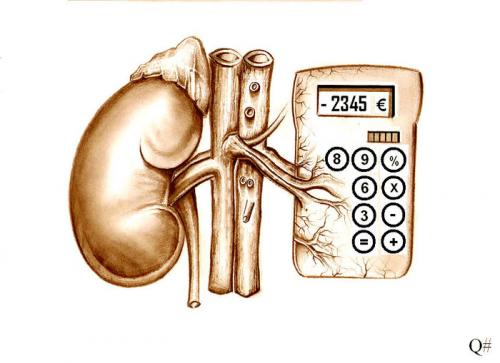
Turkey to Introduce Internet Censorship
Turkish MPs have recently introduced the new online law in frames of Prime Minister’s crack down on freedom of expression, access to data and investigative journalism. The government seems to be frantically trying to keep control of the country. Apparently, Prime Minister doesn’t want people to talk about what he is doing on social networks
It was no surprise that opposition MPs called the bill “censorship”, but they couldn’t stop Prime Minister, as his ruling Justice and Development Party dominates with its 58% of seats due to backing from the less educated, rural local constituencies.It should be noted that Turkey already has hefty Internet curbs in place after a controversial 2007 law which put the country next to China as the largest online censor according to a Google transparency report.
According to media reports, a government agency named Telecommunications Communications Presidency is now able to block access to online portals without court permission if those are deemed to violate privacy or contain “insulting” material. This authority will also be able to request people’s communications and traffic data from hosting providers, who have to retain up to 2 years’ worth of such information without a court order.
The international observers point out that this decision moves Turkey away from the EU in terms of Internet policy, so it seems that the country can probably give up any hope of getting into the European Union. The Organization for Security and Cooperation in Europe explained the new powers for the TIB mean that the outfit will be able to collect communications data about all users without any legal limits or restrictions. In the meantime, people would never know when and how this data is collected.
However, Turkish Deputy Prime Minister claimed there was no such thing as Internet censorship while there was freedom of press. As for Prime Minister, he himself blamed the worldwide web for helping people to organize protests against his glorious rule. Freedom of press is a doubtful thing in Turkey, as a few days ago deputy leader of the opposition Republican People’s Party was ordered to remove a parliamentary question from his website. The question was about recordings of phone calls involving the Prime Minister, his son and a Minister, and the question was also banned from media.






































